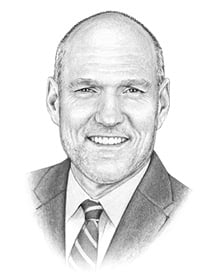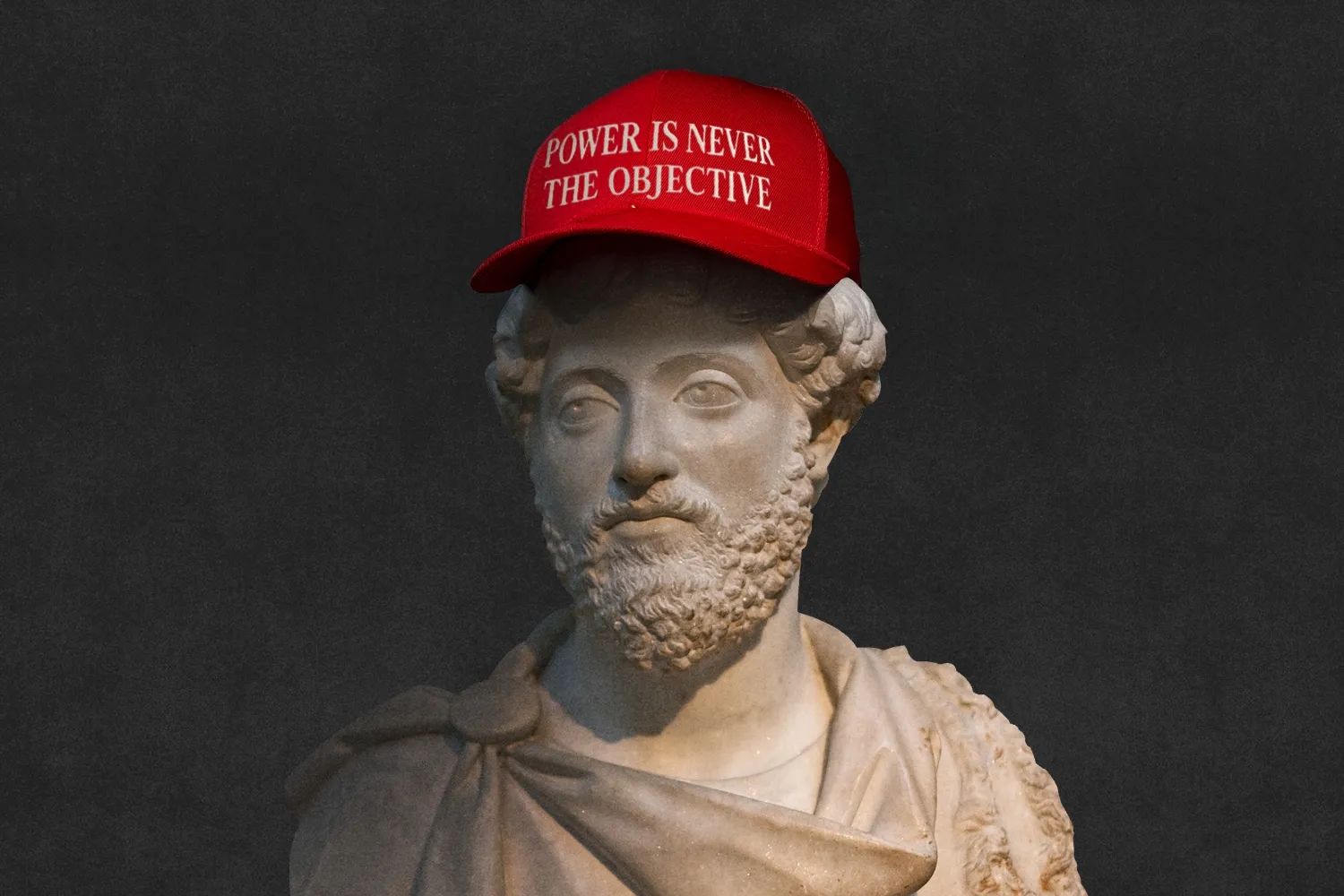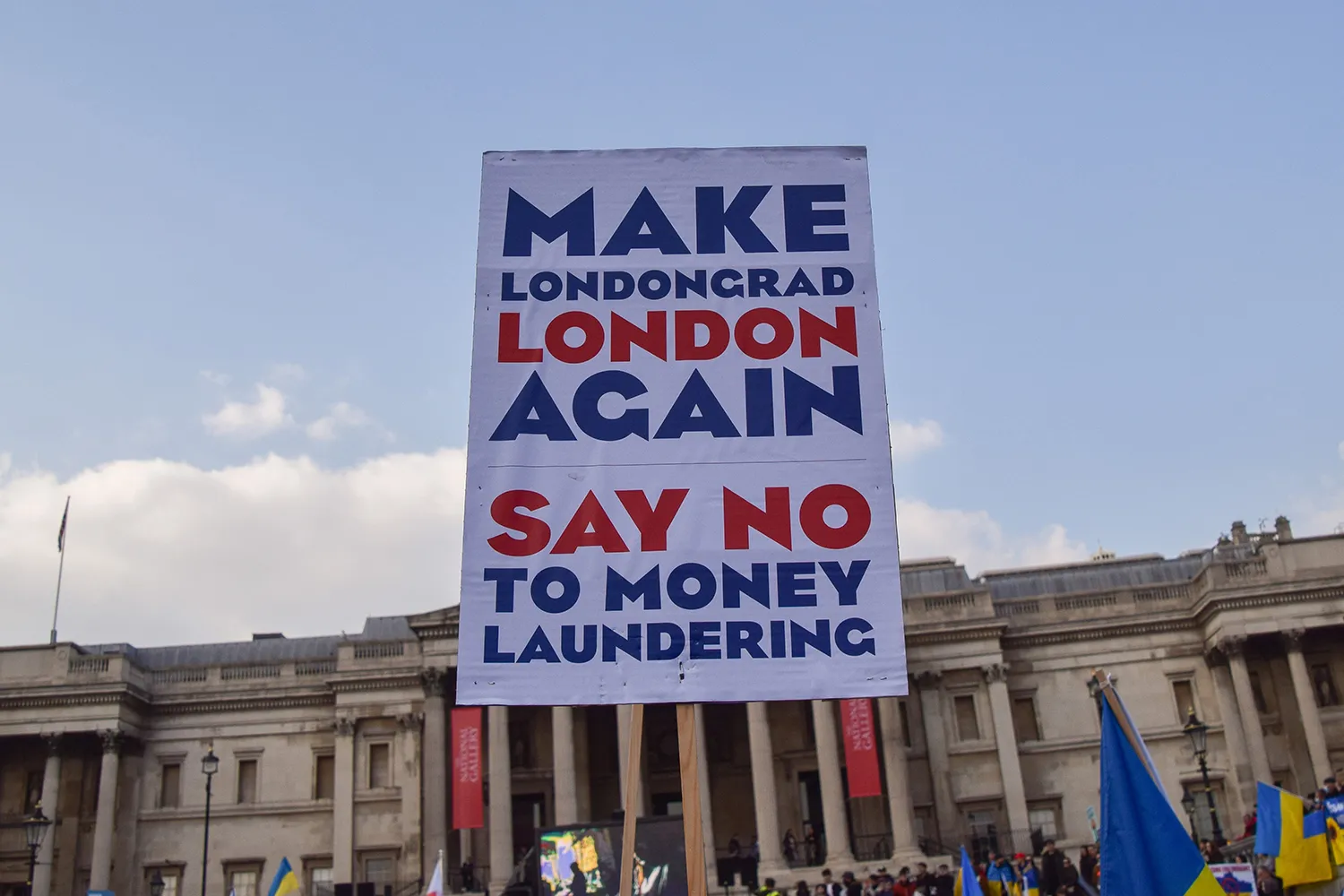What I Got Wrong About Trump’s Second Term

What I Got Wrong About Trump’s Second Term
I didn’t entirely see this coming. Here’s why.
Donald Trump puts on special glasses to look at the Solar Eclipse on the Truman Balcony at the White House on August 21, 2017 in Washington. Mark Wilson/Getty Images
Scholars and political commentators should occasionally look back on their forecasts and consider what they got wrong. Wouldn’t it be wonderful if Tom Friedman, Joe Scarborough, Rachel Maddow, Janan Ganesh, Fareed Zakaria, Glenn Greenwald, Ian Bremmer, Anne Applebaum, and other prominent pundits did an annual retrospective on what they had misunderstood or misread over the previous year? None of us are infallible, and if you believe Philip Tetlock, even knowledgeable experts have trouble anticipating the future. Reflecting on our own errors is always instructive and doing so publicly helps everyone learn from our mistakes. I’ve performed this kind of self-criticism on several occasions in the past—see here or here—and it’s time for another round. Read on.
Back in January 2024, I wrote a piece here called “Another Trump Presidency Won’t Much Change U.S. Foreign Policy.” As of March 2025, that sounds pretty stupid. Part of the problem is the clickbait headline (which I didn’t write), and, in fact, some of what I wrote back then has proved correct. I said U.S. President Donald Trump was likely to get tough with NATO (and maybe even withdraw) and that he’d push for a peace deal in Ukraine. But I also thought a second Biden-Harris administration would have sought a peace deal, too, albeit in a more deliberate and responsible way. I still believe that’s what former Vice President Kamala Harris would have done had she been elected.
Scholars and political commentators should occasionally look back on their forecasts and consider what they got wrong. Wouldn’t it be wonderful if Tom Friedman, Joe Scarborough, Rachel Maddow, Janan Ganesh, Fareed Zakaria, Glenn Greenwald, Ian Bremmer, Anne Applebaum, and other prominent pundits did an annual retrospective on what they had misunderstood or misread over the previous year? None of us are infallible, and if you believe Philip Tetlock, even knowledgeable experts have trouble anticipating the future. Reflecting on our own errors is always instructive and doing so publicly helps everyone learn from our mistakes. I’ve performed this kind of self-criticism on several occasions in the past—see here or here—and it’s time for another round. Read on.
Back in January 2024, I wrote a piece here called “Another Trump Presidency Won’t Much Change U.S. Foreign Policy.” As of March 2025, that sounds pretty stupid. Part of the problem is the clickbait headline (which I didn’t write), and, in fact, some of what I wrote back then has proved correct. I said U.S. President Donald Trump was likely to get tough with NATO (and maybe even withdraw) and that he’d push for a peace deal in Ukraine. But I also thought a second Biden-Harris administration would have sought a peace deal, too, albeit in a more deliberate and responsible way. I still believe that’s what former Vice President Kamala Harris would have done had she been elected.
I thought Trump’s Middle East policy would be a lot like Biden’s and that has proven to be the case thus far. Like former President Joe Biden, Trump is letting Israel do whatever it wants; the only real difference is that Trump doesn’t even pretend to be evenhanded and openly embraces ethnic cleansing instead of merely turning a blind eye to it. Trump is also taking a hard-line approach to China, just as Biden did during his four years in office and as Harris almost certainly would have done. Trump may eventually pursue some sort of grand bargain with Beijing and sell Taiwan down the river, but there’s no sign of it yet. If you look beyond the headline and read the actual article, it doesn’t look quite so silly.
That said, there’s no question that I got some important things wrong.
I underestimated Trump’s hostility to our principal democratic allies. It was obvious that he thought our NATO partners were overly reliant on U.S. protection (a view shared by all recent U.S. presidents), but it’s now clear that he’s actively and deeply hostile to the democratic principles that these states embody and is openly encouraging illiberal forces within them. As I wrote a couple of weeks ago, the administration’s embrace of the European far right is an attempt to promote a form of regime change throughout Europe—in effect, to MAGA-fy it—and to destroy the European Union as a meaningful political institution. I was aware of Trump’s affinity for illiberal leaders like Hungarian Prime Minister Viktor Orban, and I knew people like Steve Bannon were trying to build a transnational coalition of far-right movements, but I didn’t take those forces seriously enough.
Second, although there was every reason to think that Trump would push for a peace deal and eventually reduce U.S. support for Ukraine, I did not expect him to embrace Russian President Vladimir Putin’s position with such enthusiasm, accuse Ukraine of starting the war, or openly attack Ukrainian President Volodymyr Zelensky in public. There may, in fact, be some strategic rationale for what Trump is doing—i.e., he may genuinely believe that the only way to stop the war and eventually drive a wedge between Russia and China is to give Putin everything he wants—but that doesn’t mean this approach will work as intended. It also ignores the long-term impact that this behavior will have on the United States’ standing and image. I still believe a Harris administration would have pressed Ukraine to adopt more realistic objectives and seek a cease-fire, but Harris would have worked with Kyiv and NATO to get the best deal possible and not simply throw Ukraine under the bus.
Third, I underestimated Trump’s willingness to gamble on a highly unorthodox economic policy. I expected him to use the threat of tariffs as a bargaining tool, but I thought he (or his advisors) understood that starting a trade war would hurt the U.S. economy and jeopardize his entire political program. After the election last November, I was briefly reassured when most of his economic team seemed like sensible people who understood basic macroeconomics (which Trump does not), and I assumed that cranks like Peter Navarro would have little influence. I now think I was wrong here: The officials who should know better are echoing Trump’s nonsense, and Navarro seems to have the president’s ear. If you voted for Trump, I hope you like higher prices, a rising deficit, a shrinking investment portfolio, and a shredded safety net.
Lastly, although Trump’s contempt for rules and norms was well established long before he first ran for president, I’ve been surprised by his willingness to flout some of the most well-established principles of the post-World War II order. Threatening to take Greenland by force, re-occupy the Panama Canal Zone, annex Canada, and ethnically cleanse Palestinians from Gaza are all gross violations of principles that have been broadly accepted for decades. These are also principles that the United States has generally respected, frequently defended, and from which it has benefited greatly. Moreover, Trump isn’t breaking these rules because the United States is facing a grave national emergency (which would make it easier for other states to give Washington a temporary pass); he’s trying to blow up the whole order because he thinks the United States will be better off in a world where autocracy is ascendant and leaders do whatever they want. I freely admit that transforming the United States from a defender of international order to a malevolent rogue state was not on my bingo card.
If I could go back in time and rewrite that earlier column, I’d offer a different (and louder) set of warnings. In my defense, I did say that Trump’s impact on U.S. domestic politics would be harmful, and a column published shortly before the election described him as a serious threat to the U.S. constitutional order and democracy itself. Yet, even then, I underestimated how radical and self-destructive his domestic program would be, and how willing Congress and many corporate leaders would be to surrender to it. Nor did I anticipate the uniquely destructive role that Elon Musk—the ultimate “unelected government official”—would play in Trump 2.0.
But it was obvious to me that a second Trump term would be big trouble. Oh, how I wish I had been wrong about that.
Stephen M. Walt is a columnist at Foreign Policy and the Robert and Renée Belfer professor of international relations at Harvard University. Bluesky: @stephenwalt.bsky.social X: @stephenwalt
More from Foreign Policy
-

Samuel Huntington holds his hand to his chin while sitting in an office. Samuel Huntington Is Getting His Revenge
The idea of a global “clash of civilizations” wasn’t wrong—it was just premature.
-

U.S. President Donald Trump meets with Ukrainian President Volodymyr Zelensky at the White House on Feb. 28. The Perils of a Reality TV Presidency
The Trump-Zelensky shouting match is a reminder that international diplomacy was never meant to be carried out in front of billions of eyes.
-

A Ukrainian serviceman trains in the woods near the frontline in Ukraine. Three Years On, What’s Next for Europe and Ukraine?
Nine thinkers on the bombshells coming out of Washington.
-

Donald Trump is seen inside a helicopter at night looking down at a cell phone Trump’s New Map
America’s first post-literate president has only geography to fall back on.










Join the Conversation
Commenting on this and other recent articles is just one benefit of a Foreign Policy subscription.
Already a subscriber?
.
Subscribe
Subscribe
View Comments
Join the Conversation
Join the conversation on this and other recent Foreign Policy articles when you subscribe now.
Subscribe
Subscribe
Not your account?
View Comments
Join the Conversation
Please follow our comment guidelines, stay on topic, and be civil, courteous, and respectful of others’ beliefs.
Change your username |
Log out
Change your username:
CANCEL
Confirm your username to get started.
The default username below has been generated using the first name and last initial on your FP subscriber account. Usernames may be updated at any time and must not contain inappropriate or offensive language.